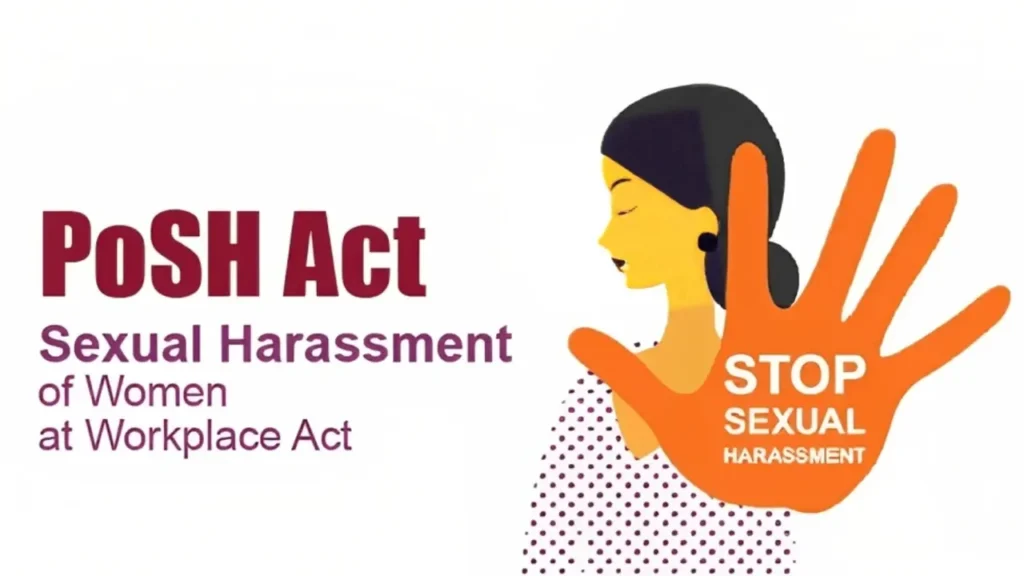Sexual autonomy is a crucial aspect of women’s sexual health, representing the human right to make informed decisions about one’s body, sexuality, and sexual experiences. It empowers women to navigate their sexual lives, recognize their feelings apart from societal pressures, and exercise control over their sexual decision-making. This autonomy is essential for healthy sexual development, forming respectful relationships, and mitigating the risk of adverse sexual and reproductive health outcomes. For instance, studies show that maximum cases of sexual autonomy in women and there should be the lower risk acquiring the sexual infections STIs and greater use of modern contraception, like condoms and oral contraceptives.

Read Also: Massive Bank Glitch: Man Receives ₹9,999 Crore in Bank Account Due to Technical Glitch in UP.
Despite its importance, there is a notable scarcity of studies focusing specifically on women’s sexual autonomy. The few existing studies indicate that social, cultural, and economic factors significantly influence women’s ability to develop and exhibit sexual autonomy. Gendered sexual scripts often restrict women’s expression of their sexual selves, as societal expectations dictate passive and monogamous sexual roles for women.
This passivity can hinder women from refusing unwanted sexual advances and advocating for safe sex practices. Conversely, sexually autonomous women are more likely to communicate openly about their sexual desires and contraceptive use, thereby enhancing their sexual health and relationship dynamics. However, intimate partner violence (IPV) can severely undermine sexual autonomy by coercing women into unwanted sexual encounters and discouraging discussions about safe sex.
Education plays a pivotal role in fostering sexual autonomy. Women with formal education are more likely to exhibit sexual autonomy than those without, suggesting that access to equitable sexual health education is vital. Such education can provide essential information and empower girls to make informed decisions about their sexual health as they mature. By creating opportunities for comprehensive sexual education, society can support the development of sexual autonomy in women, leading to improved sexual health outcomes and a reduction in the prevalence of STIs and other reproductive health issues.
Sexual Autonomy Act: What is the Posh Act?
There were serious lapses and uncertainties in implementing the PoSH Act. For example, only 16 out of 30 national sports had constitute Internal Complaints Committees (ICCs) as amist. These lapses negatively impact women’s self-esteem, emotional well-being, physical health, and sexual autonomy.
Recommendation:
- The Act must be ensure the people to look over the dignity, respect, and sexual autonomy women deserve in the workplace and manage the work.
- A time-bound exercise is needed to verify whether relevant bodies , Local Committees (LCs), and Internal Committees (ICs) under the laws
- The Supreme Court has given government ministries and bodies eight weeks to comply with the mandates of the 2013 Act.
The Sexual Harassment of Women at Workplace (Prevention, Prohibition, and Redressal) (PoSH) Act, 2013, was ensure by the Government of India ensure that the issue of sexual harassment faced by many women. The Act defines sexual harassment include the physical touch that haunt many women and there should be the change in the mindset . This comprehensive definition ensures that various forms of harassment impacting women’s sexual autonomy are recognized and addressed.

The Supreme Court’s landmark judgment in the Vishakha and other state court case, which provided the ‘Vishakha guidelines,’ formed the basis for this legislation. These guidelines were instrumental in shaping the PoSH Act to ensure women’s safety, dignity, and sexual autonomy in the workplace. The Act mandates the formation of Internal Complaints Committees (ICCs) within organizations to handle sexual harassment complaints, reflecting a structured approach to safeguard women’s rights.
By addressing sexual harassment through the PoSH Act, the Government bodies aims to create a workplace environment that upholds women’s sexual autonomy, allowing them to work without fear of harassment or discrimination .The most recent laws need to change the Effective implementation of the Act is crucial to, emotional well-being, physical health, and sexual autonomy, fostering a respectful and secure workplace for all women.
To get more out of our exclusive news, Join us on our WhatsApp Channel, Facebook, and Instagram.















